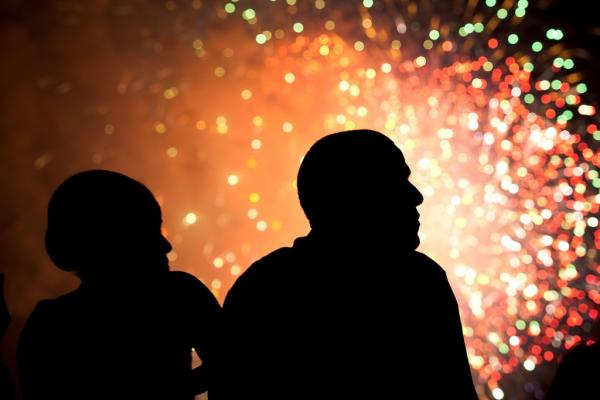Jan 13, 2017
From President Obama, I have learned to be an activist, to fight for change, and to believe that change is possible even on the darkest days. I have learned to cry out against injustice and name the evils in this world for what they are, to speak bold truth about what I believe is right even when it feels dangerous.
Read the Full Article

Already a subscriber? Login
